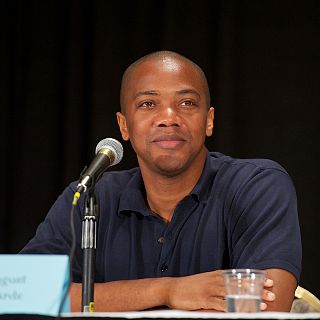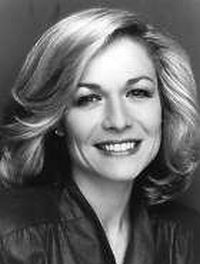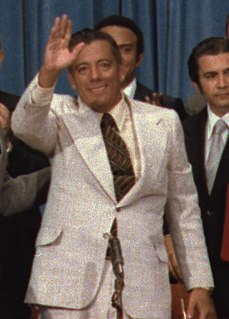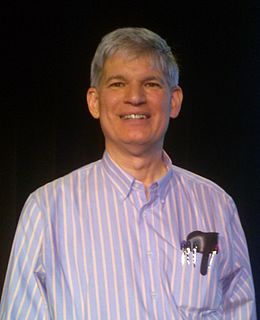A Quote by Ronald Ross
The Panama Canal was dug with a microscope.
Quote Topics
Related Quotes
Panama is a country that's been dealing with issues of identity since its very birth. It was born on Wall Street. It was born out of engineering construction. It was the canal. Because of the canal, the country was born, so the country has been divided into pro-canal and against-canal people for so long.
The problem was that Panama technically belonged to Colombia, which refused to sign a treaty leasing it to the United States. So Roosevelt sent a gunboat filled with marines down to Panama, just on the off chance that a revolution might suddenly break out, and darned if one didn't, two days later. Not only that, but the leaders of the new nation of Panama-talk about lucky breaks!-were absolutely thrilled to have the United States build a canal there. 'Really, it's our pleasure,' they told the marines, adding, 'Don't shoot.'




































